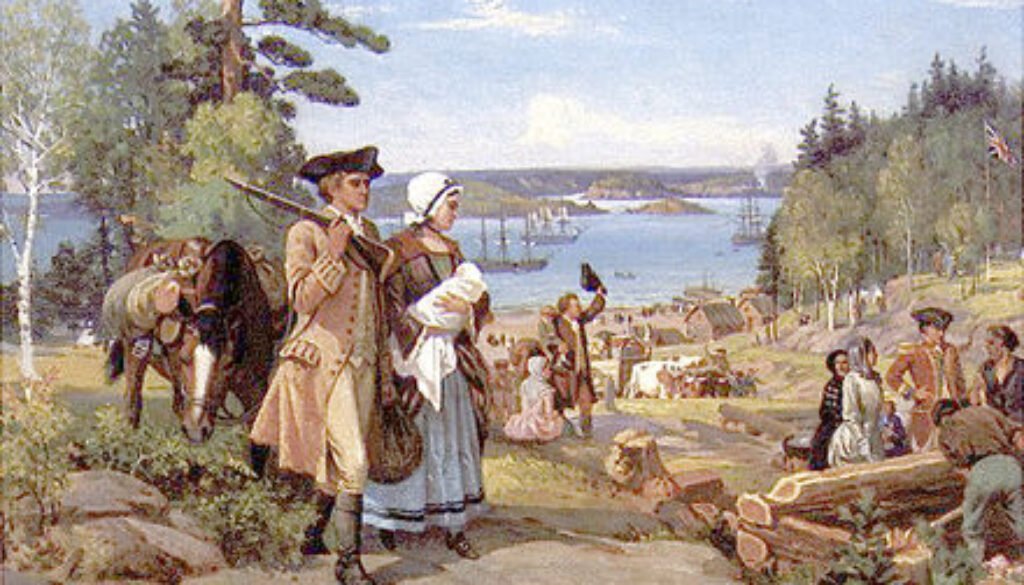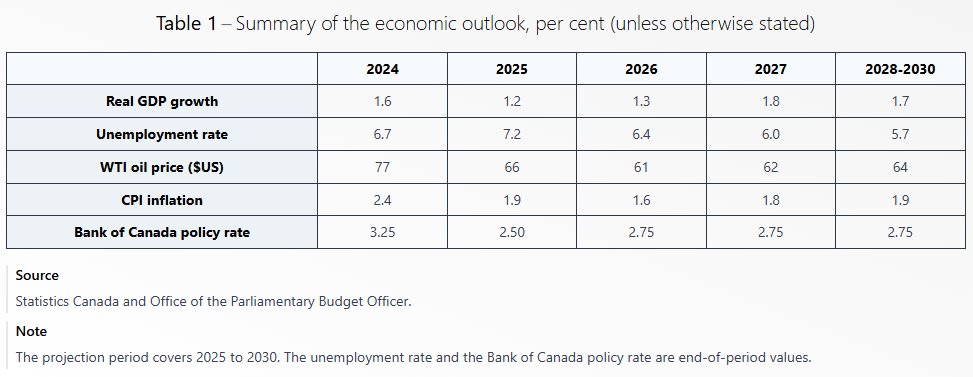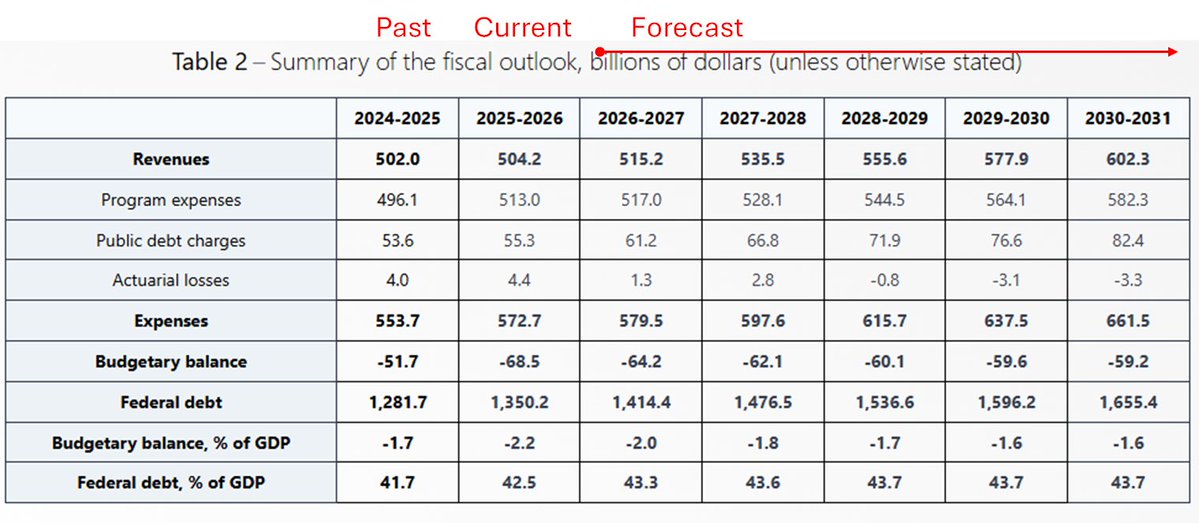🧵Why recall Calgary mayor Jyoti Gondek?
1) She increased this year's property taxes by a whopping 7.8%, when Calgarians can already barely make ends meet, while at the same time giving herself a personal raise.
1/
1) She increased this year's property taxes by a whopping 7.8%, when Calgarians can already barely make ends meet, while at the same time giving herself a personal raise.
1/

2) She promoted 'defunding the police' by reducing the policing budget by $20 million and now crime in Calgary is at an all-time high. People are scared to ride the LRT.
2/
2/

Her first act after getting elected was to declare a "climate emergency" with an $85 billion taxpayer price tag, even though she never campaigned on that, and Calgary's major industry is energy.
3/
3/

She authorized a blanket re-zoning of nearly every residential neighborhood, damaging property values and quality of life.
4/
4/

She bungled a great arena deal, and then later replaced it with a terrible one. So now instead of a $2 surtax every time you buy an event ticket, the new charge will be $9.
5/
5/

She loves to censor speech with selective bans. She enacted bylaws that prevent peaceful protest, especially towards those that have a different opinion than she does.
6/
6/

She passed a paper bag/napkin bylaw, even though restaurants still haven't recovered from being deemed non-essential during COVID. She against small businesses.
7/
7/

She charging people a fee to park in front of their own homes. This really hurts the poor, who typically don't live in a house with a garage.
8/
8/

She's used city facilities for drag queen shows for little kids, advancing her own radical agenda. She banned protests at those shows.
10/
10/

She refuses to enforce indecent exposure laws. PRIDE parades have become X-rated freak shows. Grown men are exposing themselves to young girls in change rooms at public pools and other sporting venues.
11
11

She's re-introducing fluoride in the water, even though Calgarians don't want that. She used a loophole in a survey to justify this.
12/
12/

• • •
Missing some Tweet in this thread? You can try to
force a refresh





















